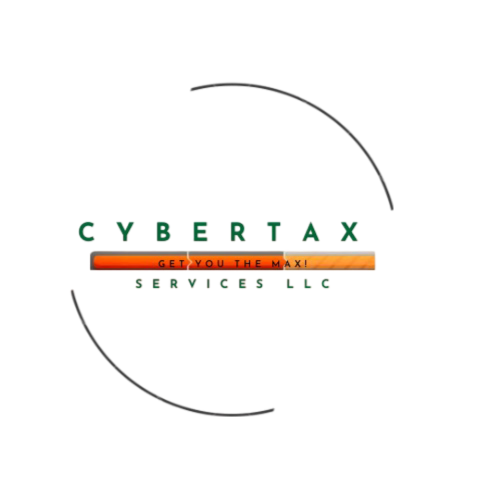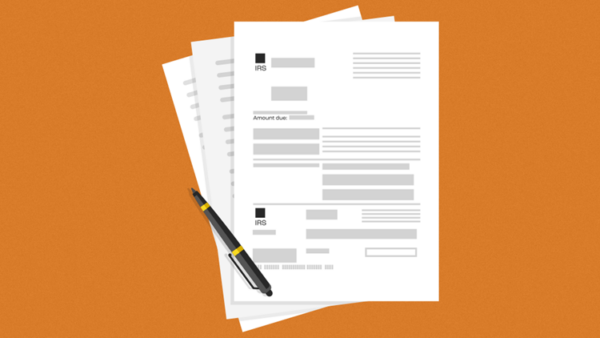The push toward an all-electronic filing future continues at the IRS. The agency’s latest move has Form 8300, Report of Cash Payments Over $10,000, e-filed starting in 2024, in an effort to avoid backlogs that the old paper forms presented while speeding up processing times.
The shift is included in final regulations amending e-filing rules for information returns.
A Big Move Against Crime.
Any business that receives cash payments of more than $10,000 must report those payments to the federal government. While many of these transactions are legitimate, the information in Forms 8300 can help alert law enforcement to illegal financial activity by drug cartels, those who finance terrorists, or those who seek to evade taxes.
The new rule for Form 8300 fits in with current rules mandating businesses to electronically file other information returns – such as Forms 1099 and Forms W-2.
The Jan. 1, 2024, shift to electronic filing does have exemptions. E-filing is mandated if a business is required to file 10 information returns or more, other than Form 8300. For example, if a business files just five forms 1099-INT, and five Forms W-2, then the business has to e-file all its information returns, including any Forms 8300.
Conversely, however, any business not otherwise required to electronically file their information returns can still e-file if they wish.
Waivers or Exemptions are Available.
In cases where electronic filing information returns would create a hardship, business filers can seek a waiver from the IRS, using Form 8508, Application for a Waiver from Electronic Filing of Information Returns, available on the IRS.gov website. If the application is granted, the waiver applies to all Forms 8300 for the entire calendar year, but the filer should include the word “Waiver” on the top center of Page 1 on each Form 8300 when they submit a paper return.
Sometimes, the technology that’s needed to e-file may conflict with the filer’s religious beliefs. In that case, the IRS says the filer can paper-file their Form 8300 — as long as the words “RELIGIOUS EXEMPTION” are included on top-center of Page 1.
For the Best Experience, File Electronically.
Forms 8300 have to be filed no later than 15 days after a qualifying transaction. Filing electronically helps businesses make that deadline; they can even batch-file their reports, which is handy for those who have a lot of forms to upload. If a business has to file a late Form 8300, it should be labeled as such and filed in the same manner as a timely filed return. Late forms must carry the identifier “LATE” on the top center of Page 1, whether paper-filed or e-filed. When electronically filing, a free email acknowledgement of receipt will be sent to the filer. This receipt does not count as an official record.
In order to e-file Forms 8300, a business has to first create an account with the Financial Crimes Enforcement Network and its BSA E-Filing System.
Helpful resources for more information are easy to find. The Bank Secrecy Act E-Filing Help Desk can be reached either by phone (866-346-9478) or by email (bsaefilinghelp@fincen.gov).
Check out E-file Form 8300: Reporting of large cash transactions for details on the reporting requirements, or the IRS’ video, How to Complete Form 8300 Part 1 and Part 2 for common mistakes and how to avoid them.
For more key information about details such as recordkeeping and Forms 8300, check out our source on the IRS website: Businesses must electronically file Form 8300, Report of Cash Payments Over $10,000, beginning Jan. 1, 2024





0 Comments